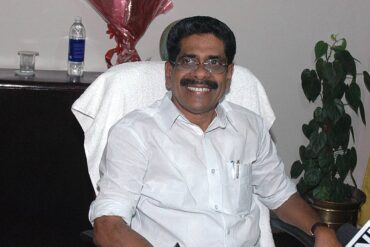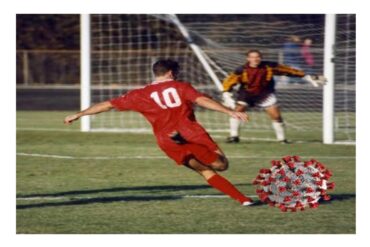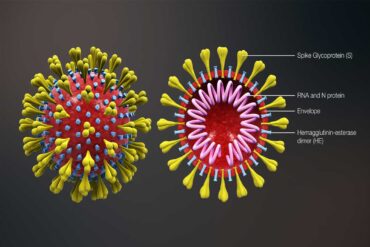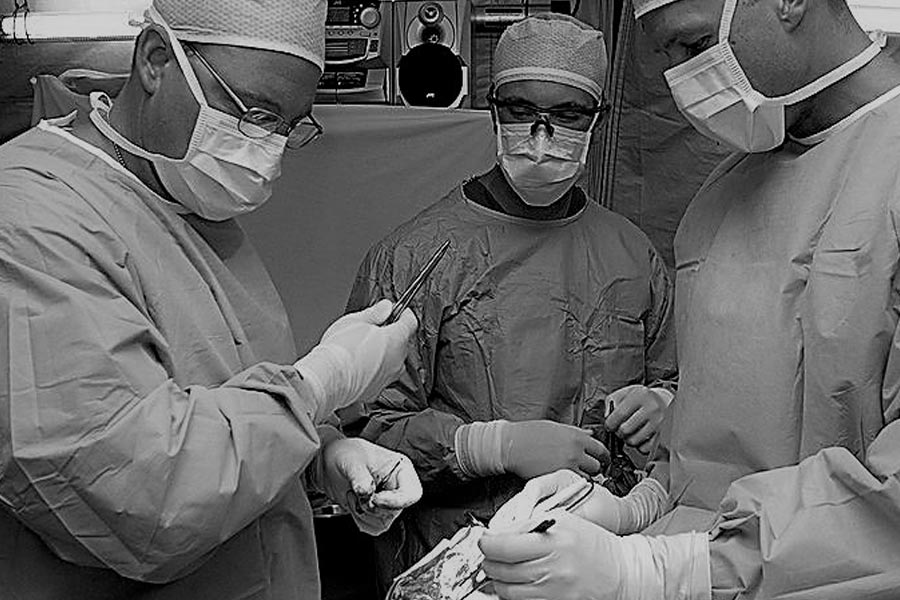There’s no professional badly so vilified these days as a doctor. Allegations viz: ‘doctors continue to treat patients who are dead on the ventilator’, ‘doctors continue to treat patients even when they’re convinced of the futility of treatment’. These allegations are often made baselessly against medical personnel alleged greed for the big buck. I attempt here to dispel these allegations.
Before one stones doctors, people doing so must realize that doctors, often hesitantly, and against clinical sense, ethics and conscience are compelled to ‘flog tired horses’, as the following incident vouches for.
As part of a team of gastrointestinal surgeons, I was recently involved in treating a 35-year-old medical professional who was diagnosed with cancer of the large bowel. He was scheduled for surgery to remove the cancer-affected organ. Surgery was in vain as the cancer had spread to his entire abdomen. Things looked bleak for the youth, who wanted his doctors to ‘do something’.
He wanted to survive and he told us that in no uncertain terms. He was offered chemotherapy, as that seemed the only option available. Chemotherapy failed and the cancer advanced and obstructed his intestines. He was unable to eat or drink. This mandated attempts to palliate the patient’s obstruction through surgical and endoscopic means. These well-meant attempts failed too. He wasted away.
Adding to the doctors’ predicament, the young man was conscious throughout the treatment. During rounds he would look into his doctors’ eyes, imploring them to do something. ‘What next?’ he seemed to ask. The young patient’s father who was always by his side wanted his son to live. Both father and son probed the doctors about options that would add to the latter’s longevity with reasonable quality of life, to which the doctors had no answers. Pushed to the wall, though with much reservation, doctors attempted surgery twice to palliate intestinal obstruction so that he could at least eat something in his last days. These attempts failed too.
The patient would return to the hospital with recurrent episodes of intestinal obstruction. The patient sought nonexistent answers from doctors with each hospitalization. The young man languished in hospital with the cancer eating away as he and his father hoped for a turn of events.
One day, the patient develop breathlessness turning for the worse. The patient’s father and the patient who was conscious even as he was struggling for breath requested that he be connected to a ventilator. The doctors attempted to convey the futility of such an exercise, and the agony ventilation would cause him. They would have none of the doctors’ advice. They wanted to escalate the treatment. They simply wanted the patient to live. With much hesitation, the patient who ideally ought to have been left alone was hooked to the ventilator.
Ventilation and stay in the ICU added to the bills. Having exhausted their financial resources, the patient’s father wanted his son shifted to a hospital closer home for palliative care. The doctors complied with this reasonable request. When he was wheeled into the ambulance, he couldn’t even say ‘goodbye’ to his doctors, with the tube in his trachea still in place to deliver oxygen during transport. In the nursing home too he seemed to plead.
To a lay person, the treatment this patient with advanced cancer was put through viz: surgery, chemotherapy and ultimately ventilation, would appear wasteful, and a means for doctors, and the hospital to somehow squeeze money out of a patient who was anyway dying. It must be realized, as in this case that medical personnel are sometimes driven to persist with futile treatment, as they deal with human beings with heart and soul, unlike inanimate automobiles.
This is just one among numerous instances where, doctors and hospitals are alleged with treating patients unnecessarily. As the above story highlights instances of doctors being arm-twisted to treat unnecessarily.
Patients and their families often want doctors to take or initiate the difficult decision to pull the plug. The easy decision to continue treatment, even if it’s futile is easily volunteered by the families of the patients.
Whatever be the decision, it must follow an honest and sincere discussion between treating doctors and patients and their families. Such discussions must include an estimate of treatment costs, expected outcome of treatment, including possibility of both treatment outcome and costs far exceeding the expected, as a patient’s response to treatment depend on a host of factors such as severity of the disease per se, patient factors like presence of co-morbidities (other diseases, unrelated to the one being treated for), advanced stage of the disease, when cancer is involved, and many others.







